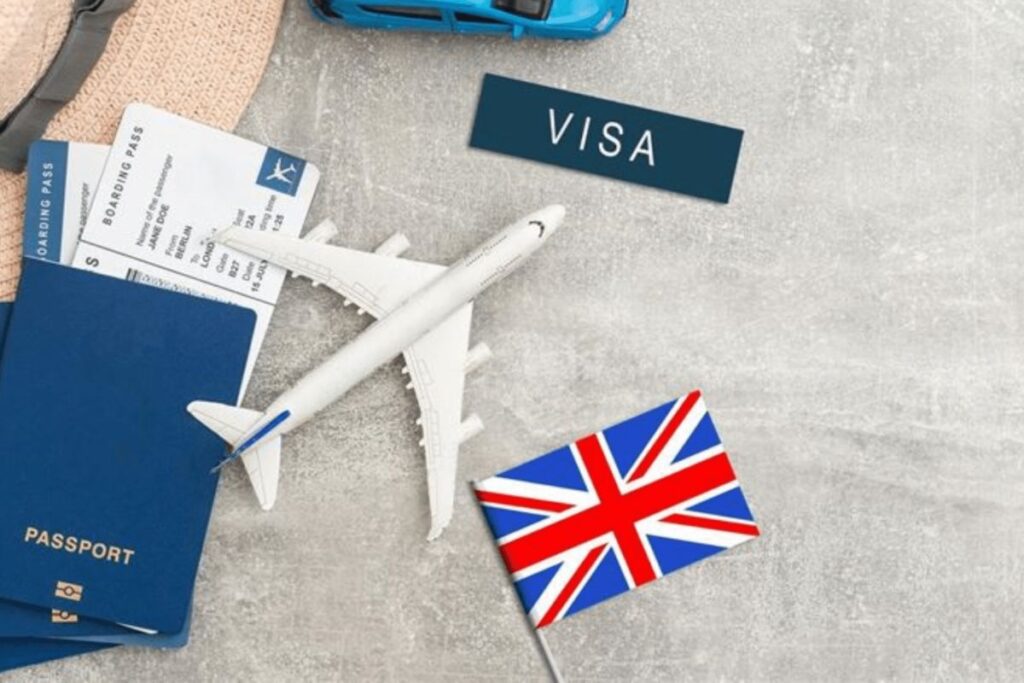The United States is set to launch a pilot program that will require some visa applicants to pay refundable bonds of up to $15,000 (approximately Ksh.1.9 million) in a renewed effort to curb visa overstays. According to a notice published in the Federal Register, the initiative, which starts on August 20 and will run for about a year, targets tourists and business travelers from countries with high overstay rates or inadequate vetting systems.
Under the new system, U.S. consular officers will have the discretion to require bonds of $5,000 (Ksh.645,972), $10,000 (Ksh.1,291,945), or $15,000 (Ksh.1,938,150). However, they are generally expected to impose at least a $10,000 bond. The bond will be refunded if the traveler departs the U.S. within the permitted visa timeframe.
This move aligns with President Donald Trump’s immigration policies, which focused heavily on reducing illegal immigration. The original version of this program was introduced in November 2020 but was never fully implemented due to pandemic-related travel disruptions.
A State Department spokesperson explained that countries will be identified for the pilot based on high visa overstay rates, weaknesses in security screening, and concerns about citizenship-by-investment programs without residency requirements. Countries previously affected by Trump-era travel bans such as Yemen, Eritrea, Haiti, and Myanmar are expected to be among those impacted.
Additionally, many African countries, including Burundi, Djibouti, and Togo, reported high overstay rates in fiscal year 2023, making them potential targets under the new policy.
The U.S. Travel Association estimates that around 2,000 applicants may be affected, mainly from countries with relatively low travel volumes to the U.S. They also criticized the additional $250 “visa integrity fee” introduced in a July congressional spending bill. The fee, set to take effect on October 1, could be reimbursed if the applicant complies with visa terms but adds another layer of cost.
Critics argue that these changes could deter legitimate travelers and make U.S. visitor visa fees among the highest globally.

